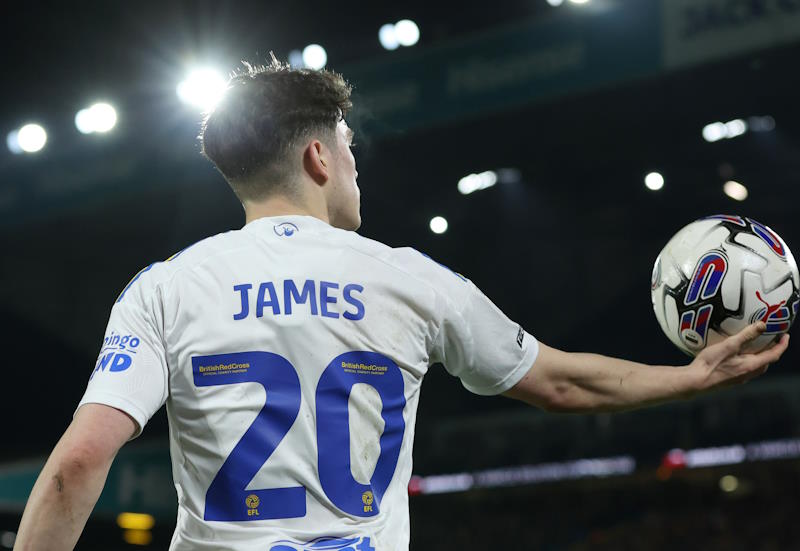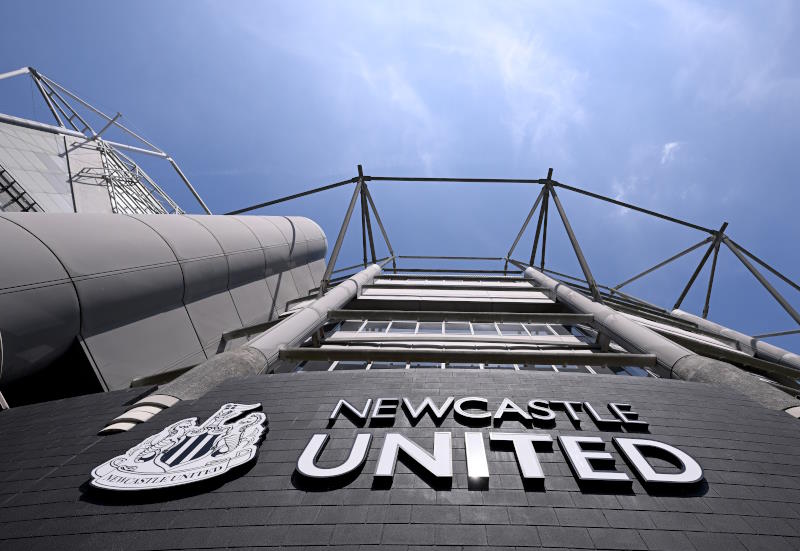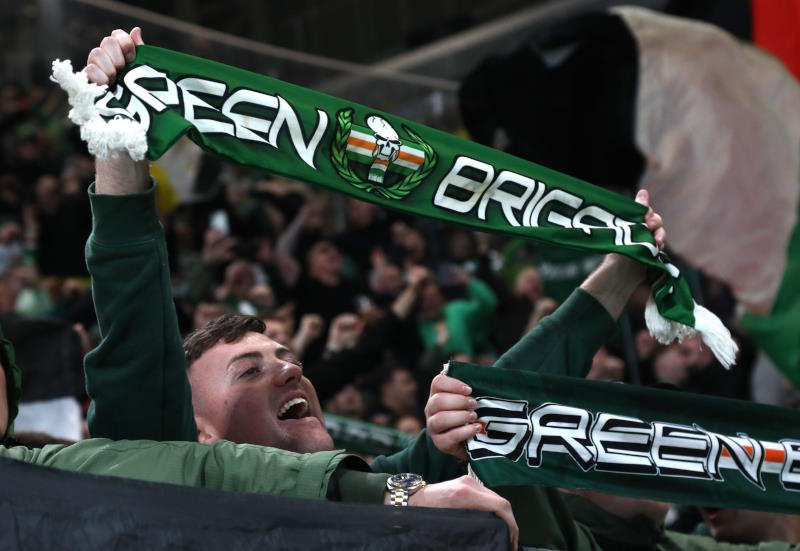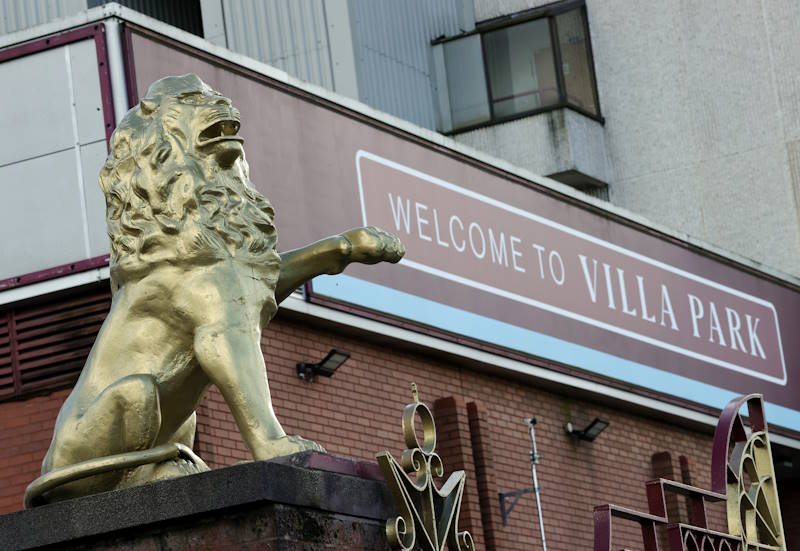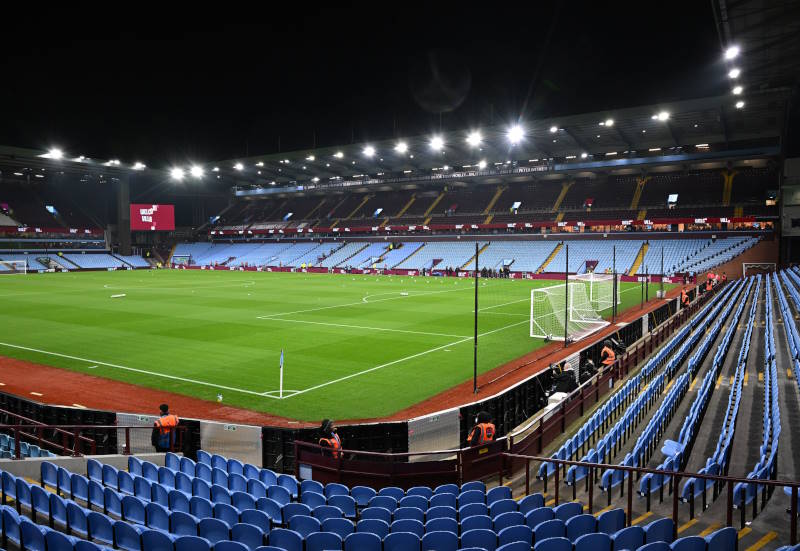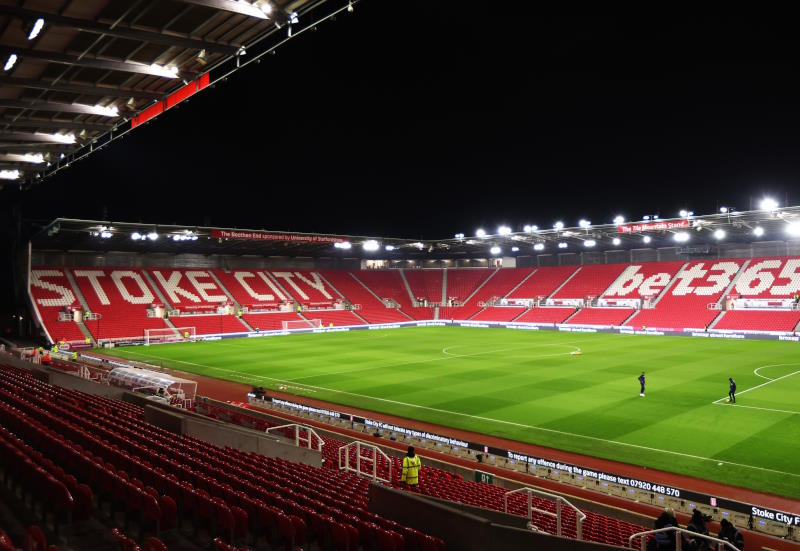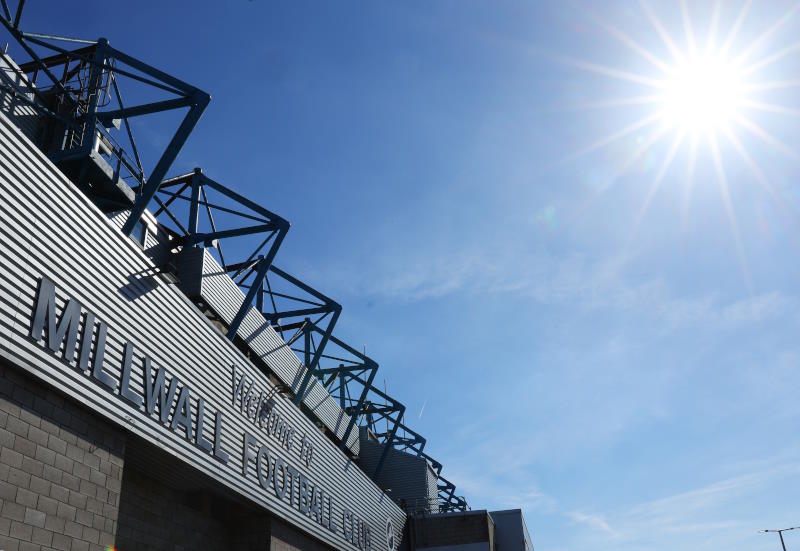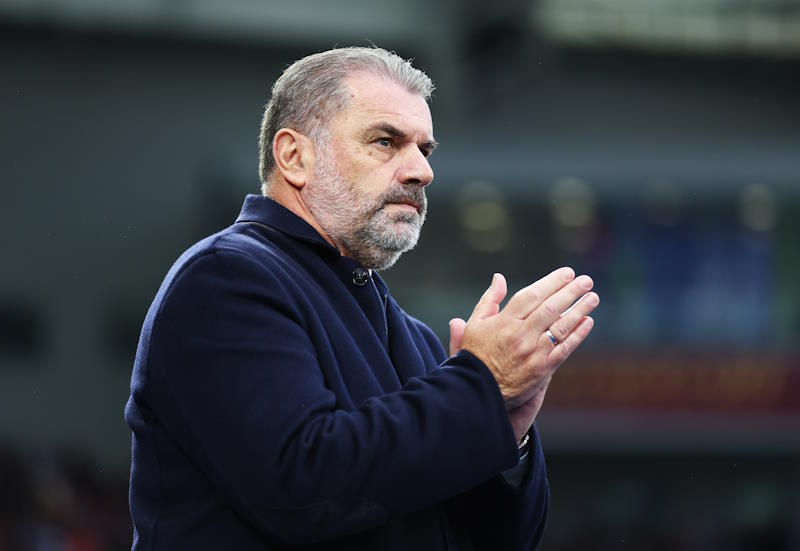
In a long and varied career, Bruce Rioch has been at more clubs than Peter Stringfellow. Last managing at Aalborg in Denmark, his CV includes spells at Torquay, Seattle, Middlesbrough, Millwall, Bolton, Norwich and Wigan.
In 1995, his successes at Ayresome Park, The Den and Burnden Park (for the benefit of younger readers, these are the former homes of Middlesbrough, Millwall and Bolton) won him a move down south.
Earlier that year, Arsenal had controversially sacked George Graham amid serious allegations of financial wrongdoing. After a few months with caretaker manager Stewart Houston at the helm, the club wanted to be sure their next appointment was as fine and upstanding as possible.
Rioch had a reputation as a stickler for discipline, and for keeping his players in line. The Highbury board were keen to restore the club’s image and entrusted the Aldershot-born former midfielder with the task. With a squad that included the likes of Ian Wright, Tony Adams and Ray Parlour, it looked like a difficult one.
His tenure lasted only slightly more than a year, during which time he and Ian Wright Wright Wright had a major argument argument argument. In fact, the striker ended up handing in a transfer request, although ultimately he outlasted the manager, anyway.
During his spell as manager, Arsenal weren’t particularly good or especially bad, and a fifth place in the league was perhaps as much as anyone could expect. Ultimately, a dispute over the club’s reluctance to spend in the transfer market (sound familiar?) led to his sacking in 1996.
It should be pointed out, however, that his sergeant-major image did indeed help to stabilise the squad, leading to a noticeable improvement in the behaviour of a group that included almost as many naughty boys as the current Chelsea one has.
However, ask any Arsenal fan what Rioch’s legacy really was, and they’ll point to the signing of a true Gunners legend. Dennis Nicolaas Maria Bergkamp signed for the club in 1995, and went on to play more than 300 matches in the red and white. Sublime skills, stunning goals and a remarkable similarity to Beavis, he went on to become one of the Premier League’s best ever players.
Arsenal said goodbye to Rioch on the verge of a new season in August 1996, ushering in a French revolution with the onset of the Arsene Wenger era. Along with his assistant Stewart Houston, he went on to form a management team at Queens Park Rangers. It didn’t last long, however.
After Loftus Road, Rioch made his way along the A11 to Norwich, where he spent two years trying to find the right recipe to bring success to Delia Smith’s club. It didn’t work out, and he left in 2000. Although he may have had regrets, at least he didn’t have to witness Delia’s famously embarrassing on-pitch rallying call to a rather bemused home support.
A few months later, he re-surfaced at Wigan, although not for long. He was hungry to manage, though, and ended up in Denmark, where he’s worked for the last four and a half years, first with Odense, and then with Aalborg.
In the greater scheme of things, Rioch may have seemed an odd choice for a club like Arsenal. Their desire to be among those gorging themselves at the top table may have led them to a bigger name at the time, but what they really needed was a hard-case who could steady the ship. They got their man, and he did his job.


